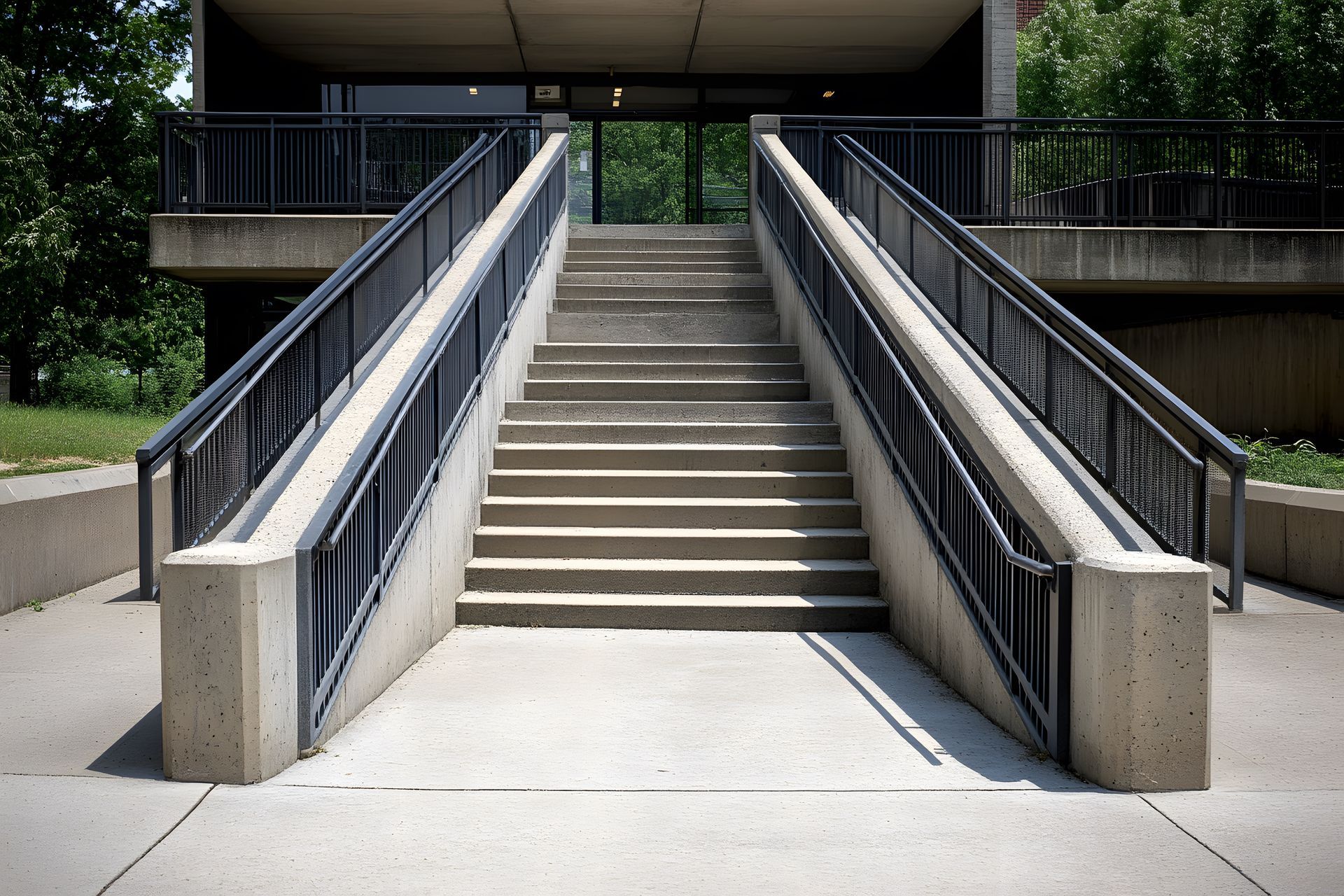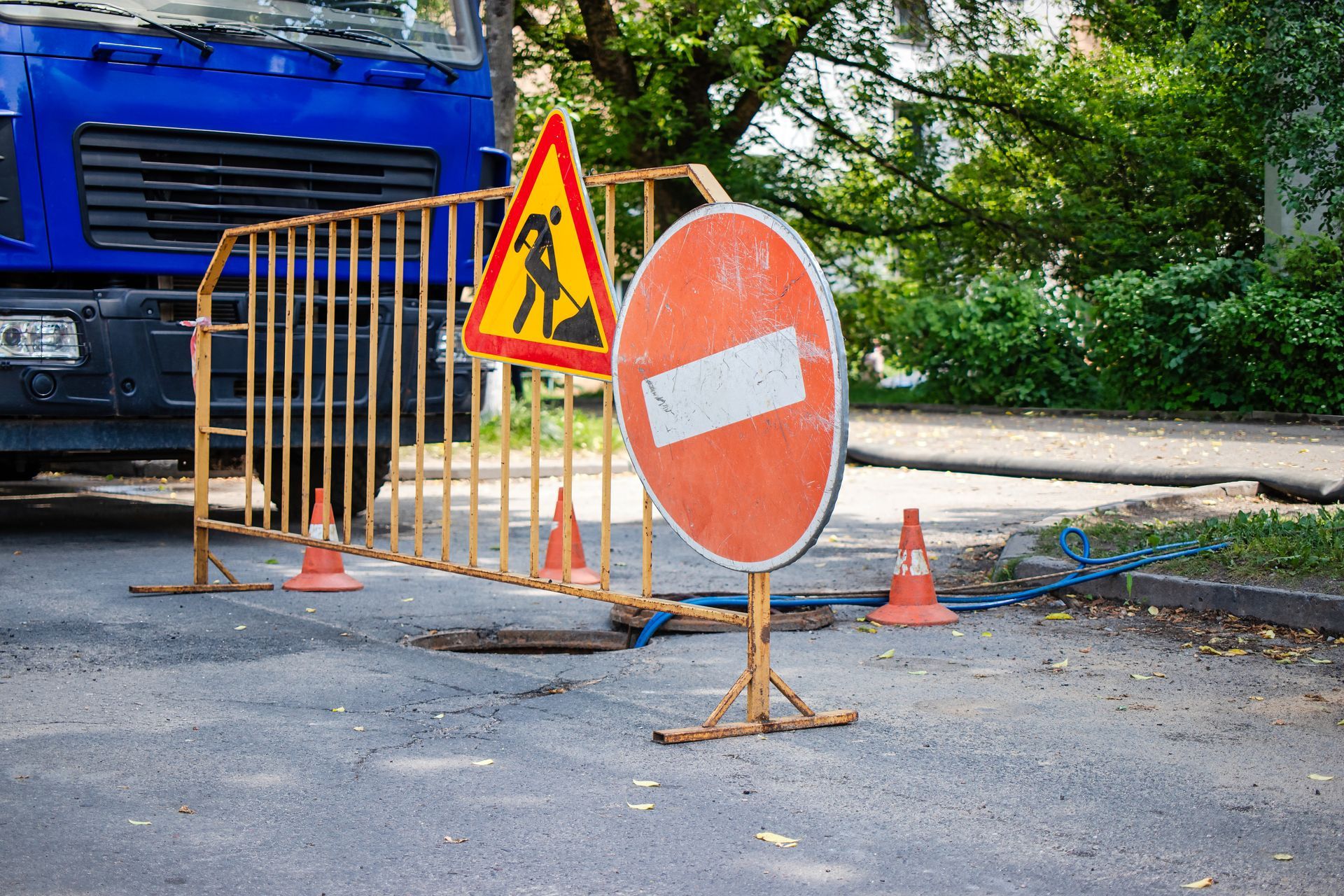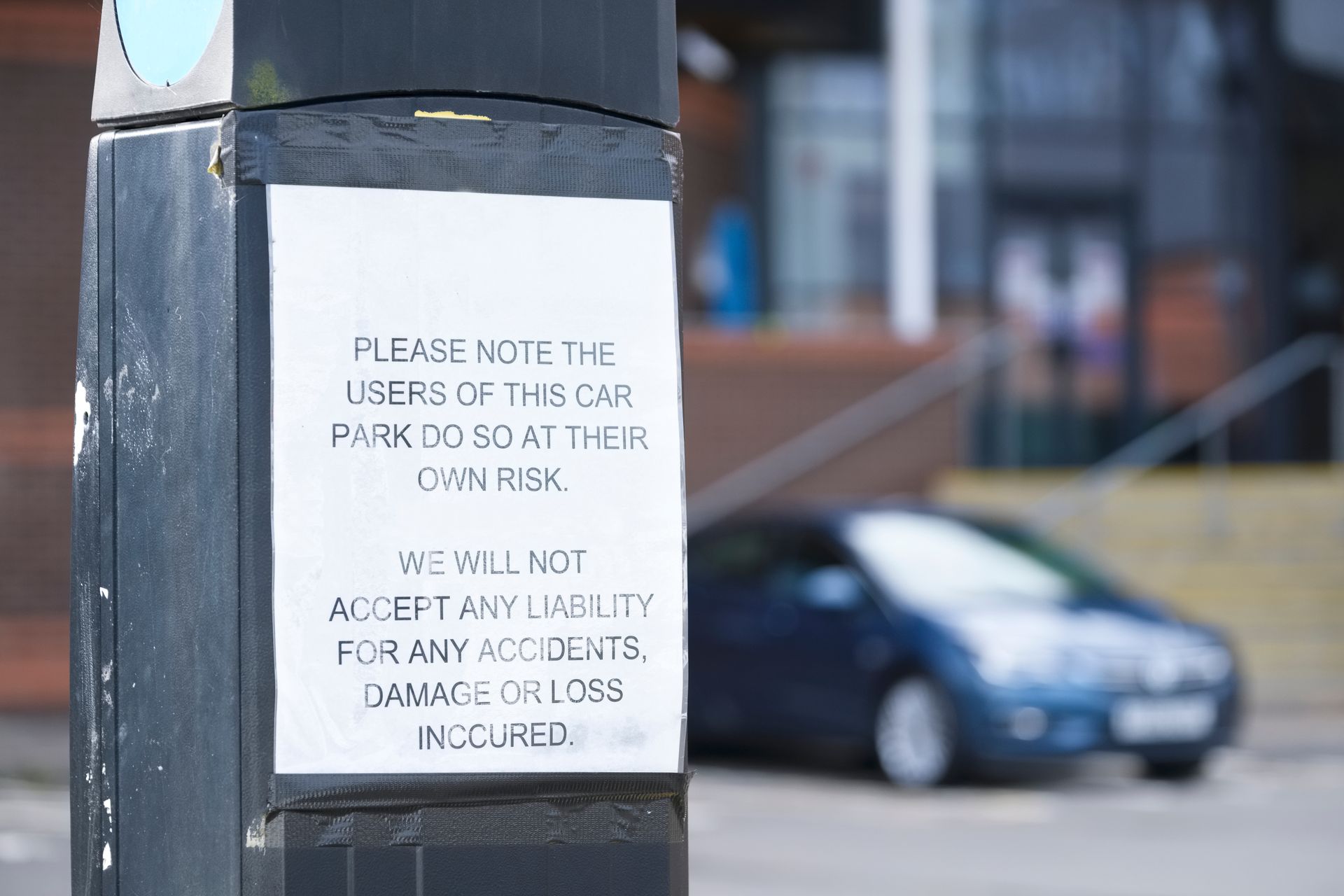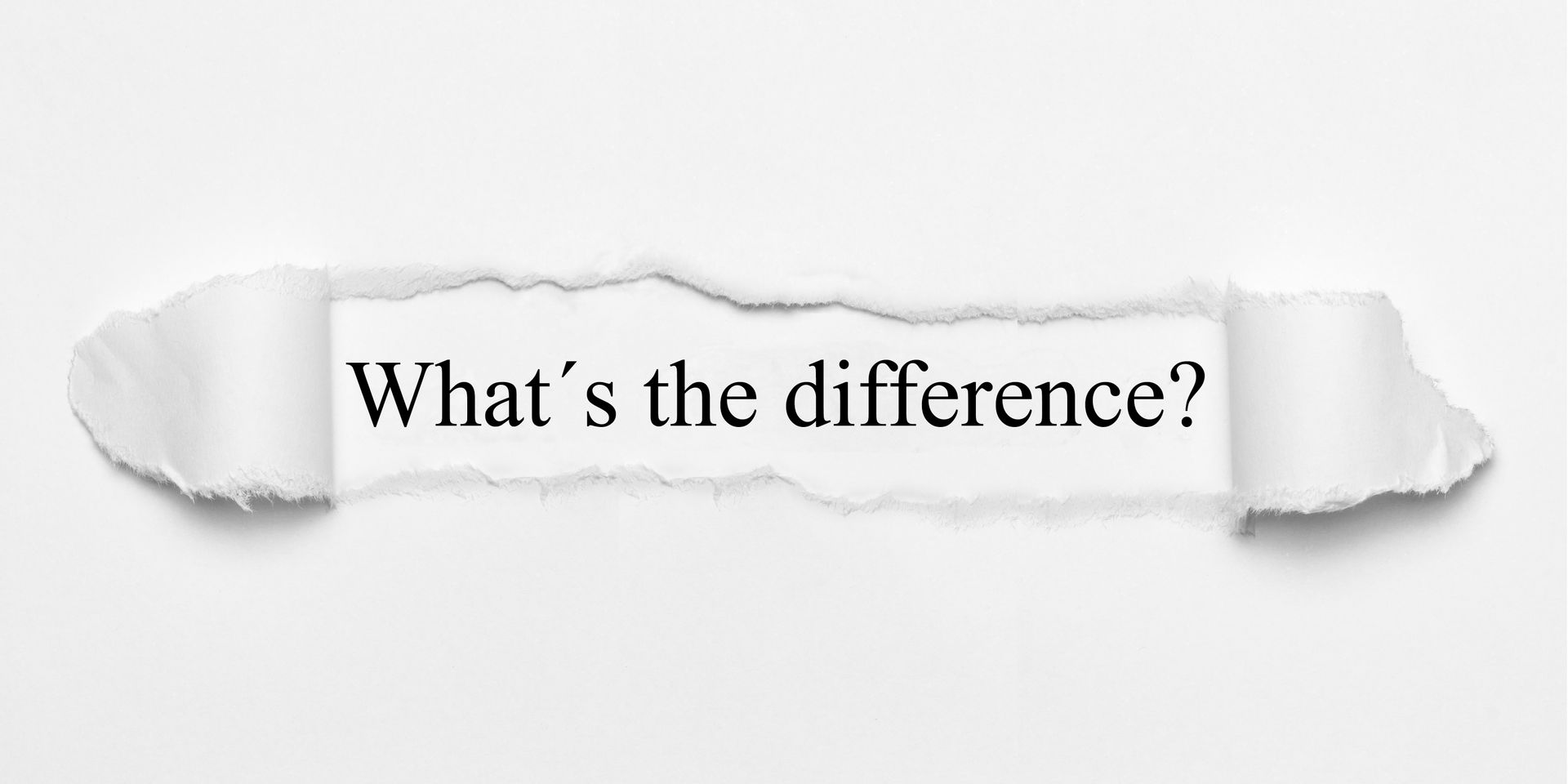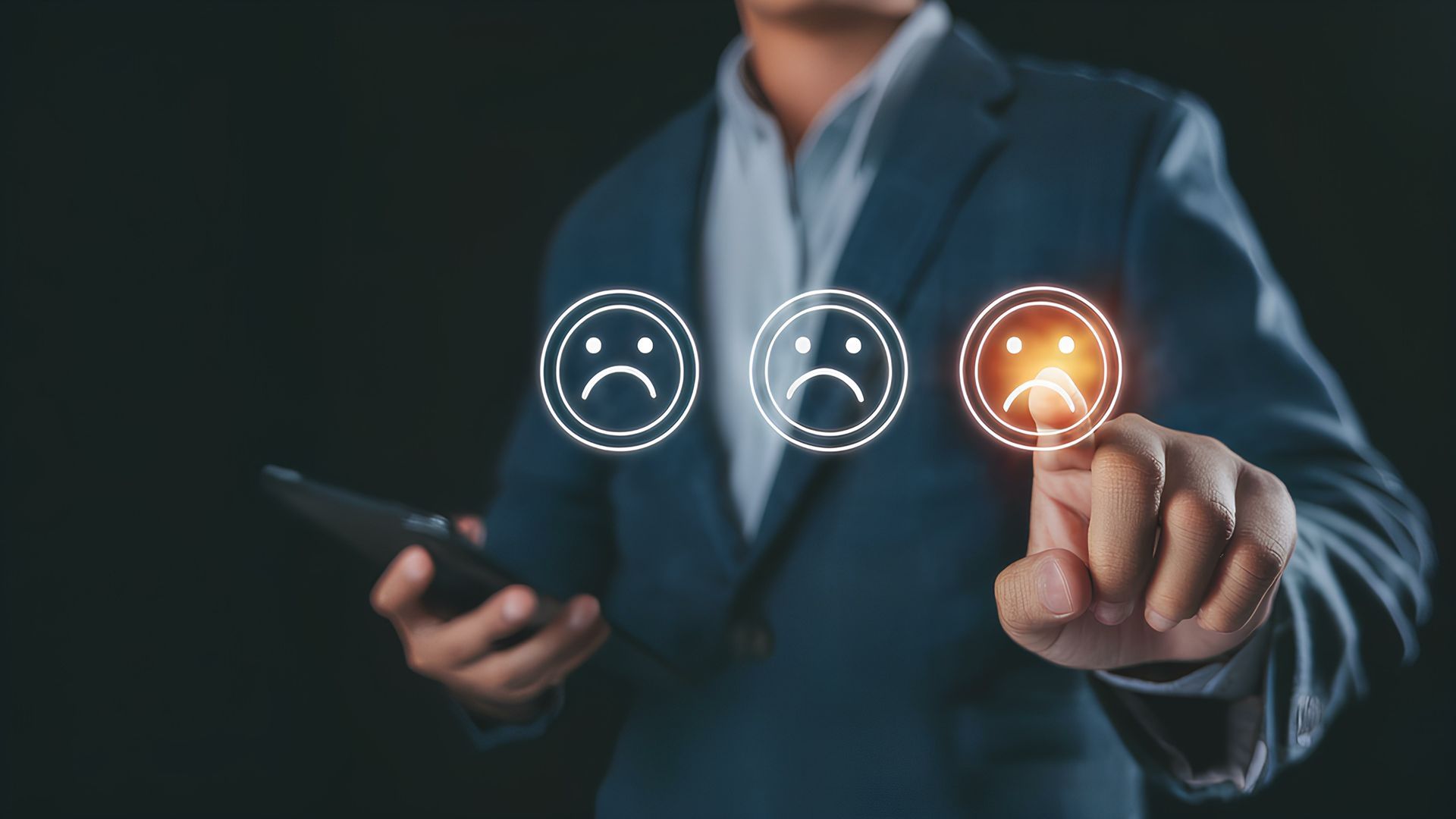Blog
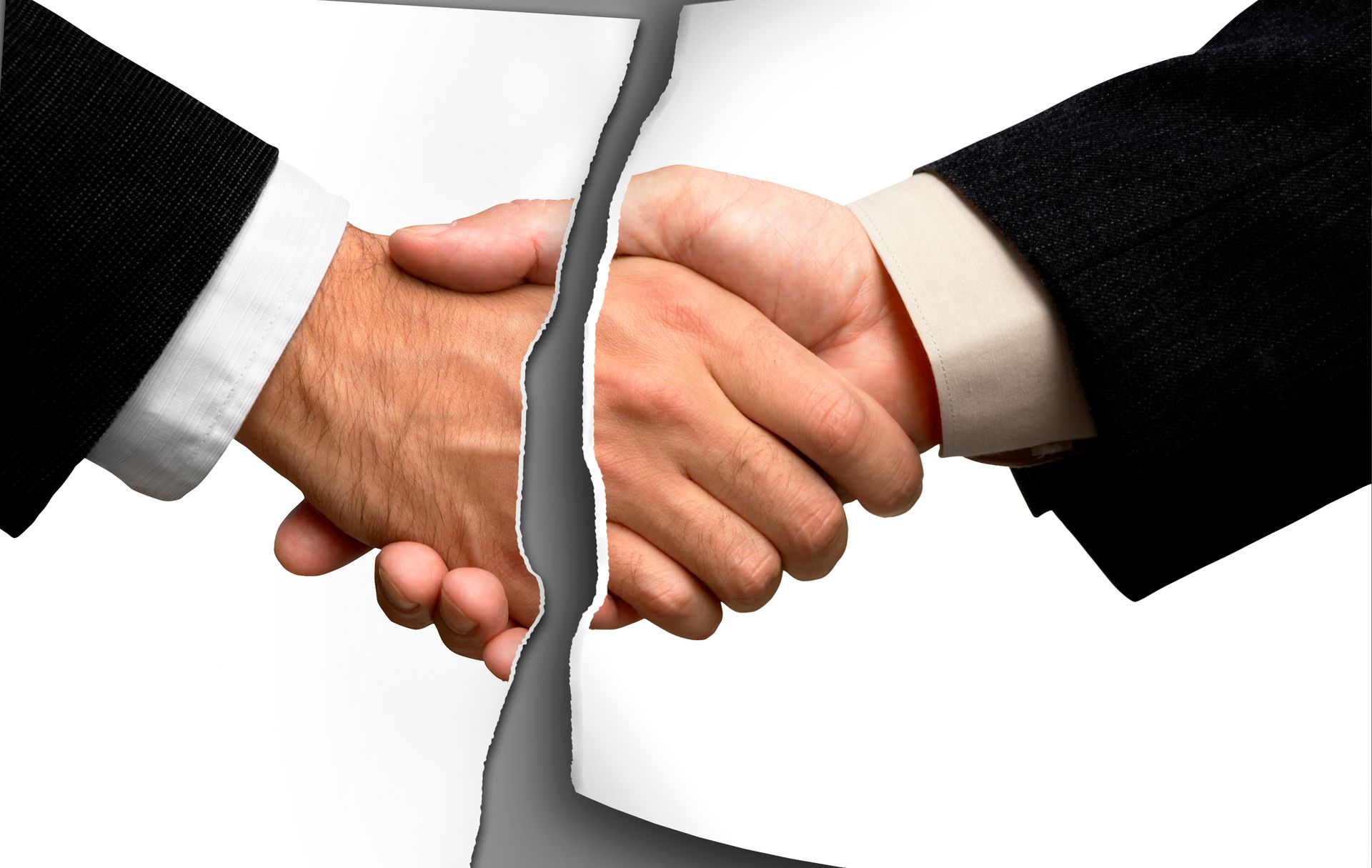
Injury claims stemming from accidents allegedly caused by a business and breach of contract cases rely on different sets of facts. In order to bring a successful breach of contract claim, a party to the contract must show that:
- A valid contract existed between the parties
- One of the parties failed to fulfill their contractual obligations
- The non-breaching party was damaged as a result of the breach
The necessary facts that must be established to bring a successful injury claim against a business can vary depending on the scenario. In an auto accident involving a fleet vehicle, the injured person must be able to show:
- The employee driving the fleet vehicle acted negligently, recklessly or carelessly
- Their actions caused the car accident
- The car accident caused the plaintiff’s injuries
- Their injuries resulted in damages, such as medical expenses, lost wages and emotional pain and suffering
Slip and fall injury cases are slightly different. In premises liability cases, the plaintiff must be able to prove:
- The business or property owner owed a duty to the person who was injured
- They breached that duty by failing to fix a hazard on the property
- The hazard was the direct cause of the plaintiff’s injuries
- The injuries resulted in damages
What further complicates a premises liability claim is the need to prove the hazard meets the necessary qualifications. This means proving that the business:
- Knew about or reasonably should have known about the hazard
- Had time to fix the hazard, cordon it off or set up warning signs prior to the accident and injury occurring
- Failed to fix it in a timely manner
In addition to those facts, it’s also necessary for the plaintiff to show that they were exercising a reasonable degree of self-awareness and competency when the injury occurred.
For example, if an intoxicated individual fell into a construction hole in the parking lot of a fast food restaurant they were attempting to enter, is the fast food restaurant responsible for the injuries?
It may be easy to show that the person’s injuries were caused by a hazard on the property and that the business owner knew about the hazard. It will be more difficult to prove the intoxicated person was conducting themselves in a reasonable and safe manner.
The outcome of the case might depend on whether there were warning signs present, and if anyone else fell into the hole. If dozens or hundreds of other customers safely walked around the construction site throughout the day, the business may have a good chance of defending against the claim because there will be copious evidence that the hazard was clearly visible and easily avoidable by people acting reasonably.
There are also scenarios where a business owner, property owner or manager responsible for operations on the premises simply could not have known about the hazard or didn’t have time to fix it prior to the accident happening.
An example might include someone creating a spill in a grocery store that another customer slips and falls in less than a minute later. In that type of scenario, there’s likely no feasible way an employee of the store could have spotted the hazard, cleaned it and put up wet floor signs in the time between when the spill occurred and when the fall occurred.
That doesn’t mean the person who was injured has no chance of success. They may be able to argue the packaging on the product that was dropped and created the spill was wet or inherently hard to grip due to its design, making it unreasonably unsafe.
The injured person may also suggest that the placement of the product on a high shelf in the grocery store made dropping the heavy, liquid-filled jar or bottle more likely.
There’s also a question as to whether the injured party can prove the alleged facts or timeline. A plaintiff may argue their injuries were from a fall they suffered on the business’s property, but they didn’t report the fall to an employee or manager when it occurred, and the business only learned about it when they received a demand letter in the mail months later. A business liability defense lawyer may be able to argue that there’s no evidence the injuries were sustained on the property or were in any way related to the business.
Business Lawsuits Stemming From Injuries in Atlanta Are Complicated
In many ways, contract disputes are refreshingly straightforward. Businesses are often responsible actors who keep records of transactions and contracts. Many of the facts, or even all of them, may be agreed upon by all the parties involved, and the primary question is what constitutes an appropriate remedy.
Injury cases can be much more contentious and include competing narratives, each of which must be either proven or disproven through in-depth investigation and litigation.
Atlanta business liability defense attorney Cameron Hawkins has extensive experience defending businesses and representing insurance companies in all types of injury claims. He is ready to listen to your situation and provide advice tailored to the unique circumstances of your case. Request a consultation today by calling 678-921-4225.

